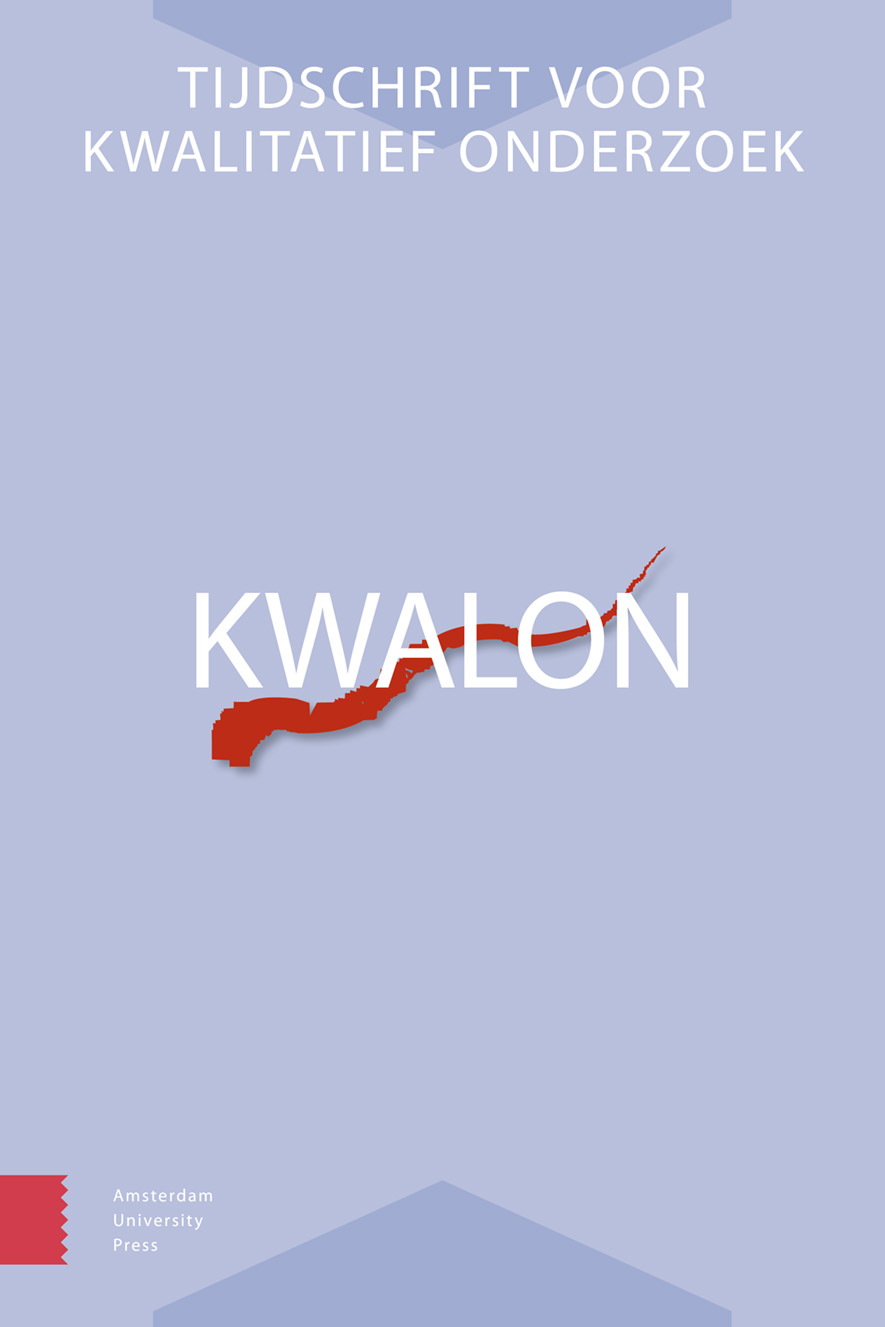-
oa Positionality meetings als methode om groepsgewijs kritisch te reflecteren op positionaliteit
- Amsterdam University Press
- Source: KWALON, Volume 28, Issue 1, Apr 2023, p. 6 - 19
-
- 01 Apr 2023
Abstract
Introducing positionality meetings: A reflexive tool to collectively explore and discuss the power relations in situated knowledge.
In this article, we introduce positionality meetings to enhance reflexivity in qualitative intercultural research projects. We aim to contribute to timely debates on positionality and reflexivity by critically discussing and comparing the experiences of three early career researchers doing research involving Muslims. The article provides empirical evidence from several sources such as our individual research project, self-reflections and excerpts from the positionality meetings we organised ourselves. We illustrate the ways in which comparing our varying identities and biographies help to tease out the way we are situated in the social world, but with an emphasis on our individual research projects. Moreover, the article demonstrates the important role of feeling and being uncomfortable in order to critically reflect on positionality. In doing so, the meetings produce in-depth understanding of the constantly changing insider/outsider relationships in research as well as the multiple relationships towards religion. To encourage other qualitative researchers to participate in positionality meetings, the article provides recommendations and a step-by-step plan to organise such meetings.


